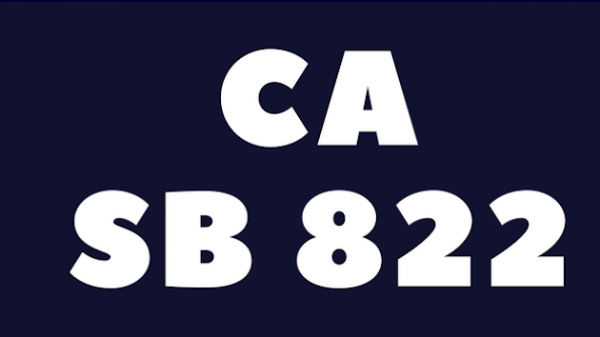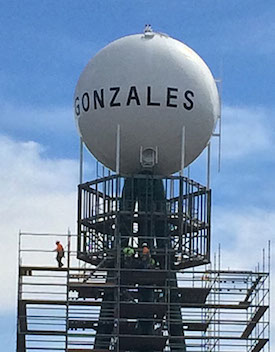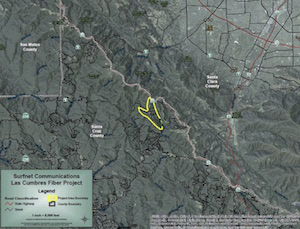Companies
Priority lanes the top priority for big ISPs, when net neutrality ends

By Steve Blum
Tellus Venture Associates
June 5, 2018 — Santa Cruz, CA
When the FCC’s repeal of network neutrality rules takes effect, as is likely, on June 11, 2018, you can expect the big Internet service providers to move slowly toward paid prioritisation. The moment they think they can get away with it, they’ll begin selling fast lanes to online content and service companies (edge providers, as they’re called) and giving their in-house content the same boost.
Paid prioritization, throttling and blocking are three “bright line” practices that the 2015 FCC order banned, and they’re all interrelated. The technical details are different, but the result is the same: some traffic goes first, some traffic goes last.
Throttling and blocking – slowing down or completely stopping less profitable traffic – probably won’t happen. It’s unnecessary. If, say, Netflix pays AT&T to clear a path for its video traffic, then, say, YouTube ends up in the slow lane by default. Unless YouTube also writes AT&T a big, fat check. It’s a heads I win, tails you lose business proposition for big ISPs.
That’s why lobbyists speaking on behalf of AT&T, Comcast, Charter Communications and Frontier Communications are waving sacks of cash arguing so eloquently in Sacramento, hoping to stop the California legislature from banning paid prioritisation.
The winners will be the ISPs with the most market share – Comcast, Charter, AT&T and Verizon. Big, established web platforms like Netflix, Google and Facebook will also benefit. They can bear the cost of paid prioritisation. New, innovative and competitive companies will be at a distinct disadvantage. The Internet will no longer be an even playing field where small companies can successfully challenge the big ones simply by offering a superior service to consumers.
Back in the day, that’s how two small start ups – Google and Facebook – took on the market leaders – Yahoo and My Space – and won. Paid prioritisation puts market controlling power back in the hands of a relative few companies. It’ll be a return to the managed content business of the 1980s and 1990s.
###
Tagged Net Neutrality, Steve Blum, Tellus Venture Associates








